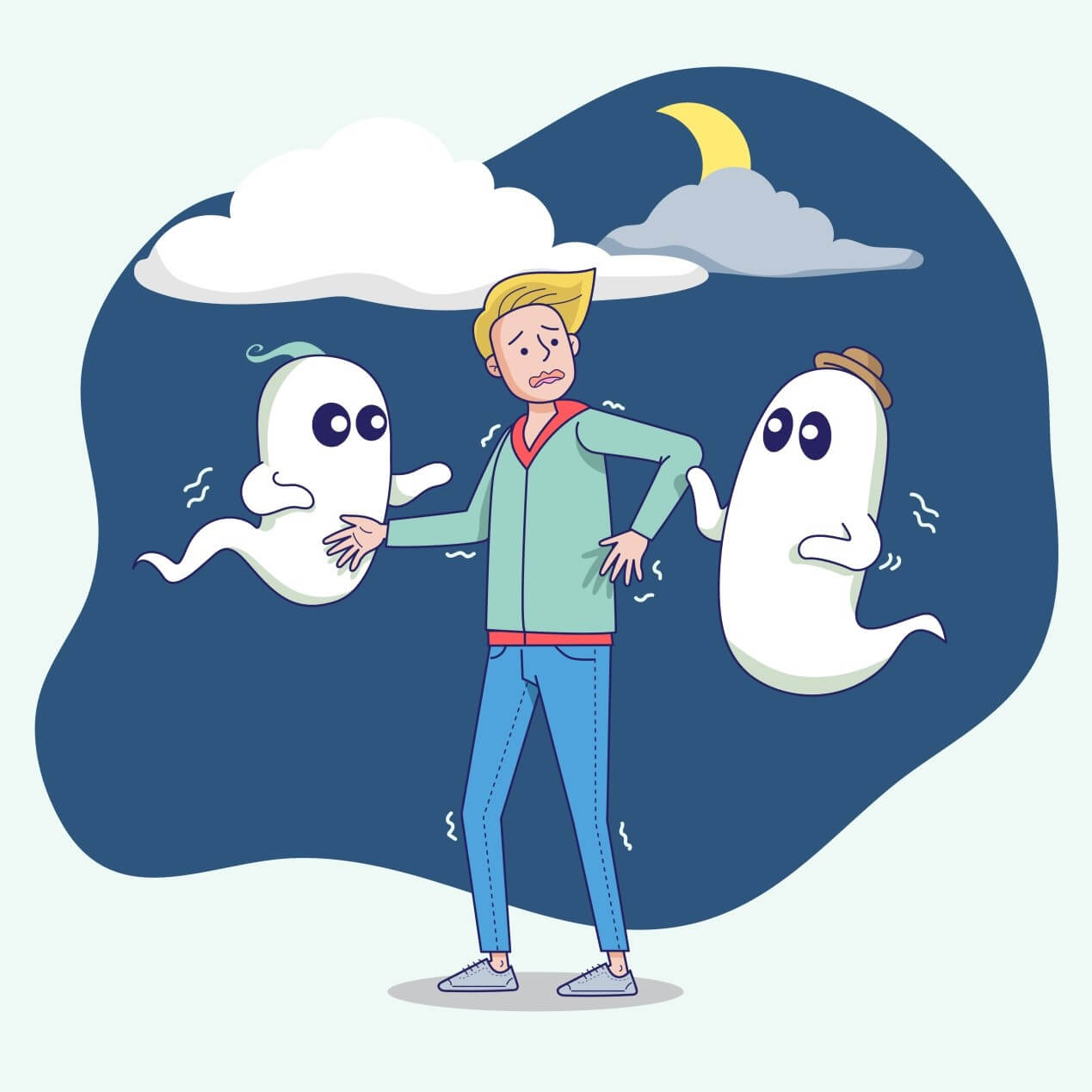Everyone can overcome any phobia. This can be done by some of the steps below;
Identifying your fear
Perhaps your fear is not as real as you believe. For instance, even if you may detest going to the dentist, your real fear might be getting a shot. In this situation, your main concern should be your fear of needles rather than the dentist. If you are feeling difficulty identifying then write down your fear in one place.
Write down your goals
Make an effort to make these objectives real and doable. It will also be beneficial to keep in mind the advantages of achieving these goals while receiving treatment. List numerous objectives at various levels. Small victories will motivate you to pursue more difficult goals.
Make coping strategies
It’s foolish to think there won’t be any challenges for you. Instead, picture how you wish to respond to the terrifying situation. You may focus on something else, face your anxiety head-on for a predetermined period of time, or use an activity to divert your attention.
Know that being afraid is perfectly normal
Humans have relied on fear to live in numerous circumstances. On the other side, phobias can develop quickly and stop someone from doing specific tasks. It’s common to experience anxiety when looking down at a skyscraper. On the other hand, rejecting a dream position because it is located at the top of a skyscraper would not help you realize your aspirations.
Identify the negative thoughts you’re struggling with.
Typically, phobias involve three basic sorts of negativity. These three things are prognostication, generalization, and catastrophizing. Catastrophizing and bad fortune-telling both include assuming the worst, whereas over-generalizing entails connecting everything to a single negative event.
Also check about – Role of Counsellor in Addiction
Try to find something that contradicts your negative thought.
Your negative beliefs lose credibility when you contradict them. For instance, if you are frightened of dogs, try to recall a situation in which you came into contact with a dog and things did not turn out terribly. Consider all of your canine companions and the enjoyable experiences they have had. You may also try convincing yourself.
Think about what you’d do if your phobia actually comes true.
When confronting your phobia, having some form of escape strategy may be helpful. For instance, if you’re scared of elevators, you might also be afraid of the risks involved, such as the possibility of the doors not opening or the elevator becoming stuck in the middle of a floor. Fortunately, there are escape routes in these kinds of circumstances, such as activating the alarm or calling for assistance.
Rationalize your thoughts.
You can see your thoughts more realistically by rationalizing them. Do you honestly think the elevator will malfunction? Does it seem to be swaying and rattling? Is the dog acting aggressively? Is it wagging its tail or growling? Consider whether you are foretelling, generalizing too broadly, or catastrophizing.
This does not imply that you should ignore an understandable phobia. It would probably be advisable to avoid that bridge if it truly does not appear to be secure (it is rotting and moldy, there are missing boards, and the ropes are fraying). You can also take help from any Online Counselor to rationalize your thoughts.
Get enough sleep
Make sure you’re getting enough sleep because it may be linked to anxiety that is already high. For best performance, teens should get between eight and 10 hours of sleep each night, while adults should get between seven and nine hours.
Keep in mind that the quality of sleep is equally as important as the quantity of sleep. Maintain a regular sleep schedule, abstain from coffee, alcohol, and sugary foods an hour or so before bed, and keep your bedroom dark and quiet.
Exercise regularly
Anxiety and anxiety disorders have been demonstrated to be helped by exercise. It has immediate anti-anxiety effects and, if practiced frequently, may result in long-lasting anxiety reductions.
Meditation
By focusing attention back on the present, mindfulness techniques have been demonstrated to reduce anxiety. If you choose to, close your eyes as you sit in a relaxed position to perform this type of meditation. Then focus entirely on your breath, inhaling and exhaling together with it. Gently bring your focus back to your breath whenever you see your thoughts beginning to stray.
Start by using this strategy for five or ten minutes every day, and then increase that time to 45 or an hour.
Develop anxiety management skills
You can use these methods to regularly control your anxiety. Among them is the ability to solve problems. Create a solution plan and then carry it out when you are faced with a challenge that makes you anxious. After that, reflect on the success of the plan.
Mindfulness is another skill that reduces anxiety. Instead of attempting to push away the feelings that are making you uneasy, pay attention to them. Instead of allowing your anxiety to consume you, this can assist you in learning to accept it.
Visit a psychologist or online counselor
Nothing is wrong with looking for professional assistance or taking Online Counseling. Some people might require further support to get over their phobias, particularly if it interferes with their daily lives. For instance, a severe aversion to public places or social interaction can prevent someone from visiting a store to buy food and other requirements.




September 26, 2022
[…] Also check about – Top 13 Steps for Overcoming Phobia […]